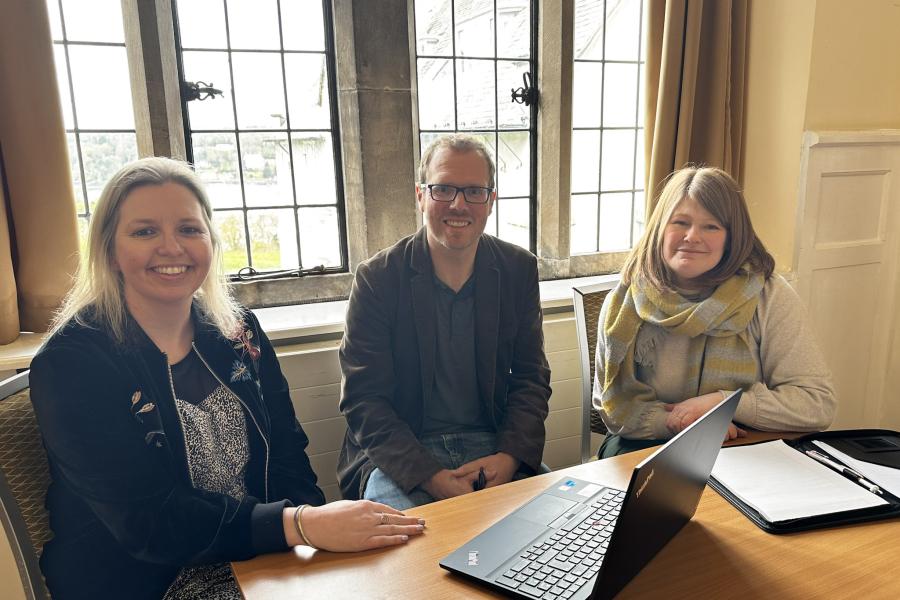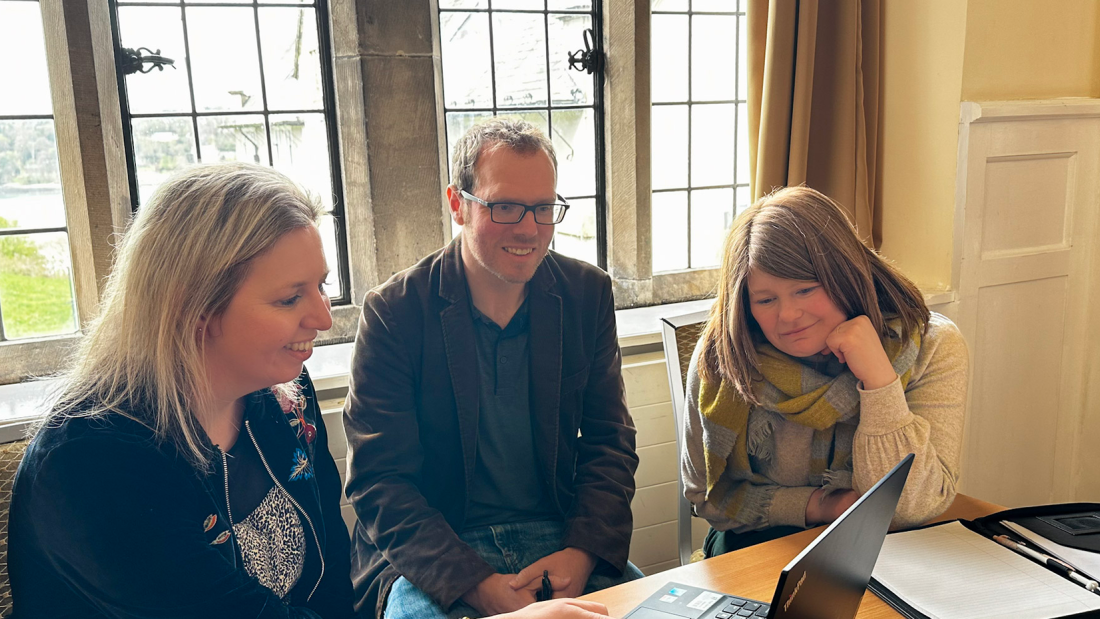As part of an innovative project, Bangor University will tackle a question that has created a dilemma for organisations and companies in Wales for a long time: why does recruiting Welsh speakers prove to be challenging, despite the demand for jobs in areas where the Welsh language is widely spoken?
The project has two main aims over 12 months. Firstly, to develop a better understanding of the challenges facing organisations aiming to recruit bilingual staff, and secondly, to find out what drives the migration decisions of young adults between the ages of 18 and 35 specifically in the areas of Anglesey, Gwynedd, Ceredigion and Carmarthenshire.
The work is funded through the Her Fawr Arfor Fund - a joint scheme by Carmarthenshire, Ceredigion, Gwynedd and Anglesey Councils which looks to use entrepreneurship and develop the economy to support the strongholds of the Welsh language and, thereby, sustain the language.
The main outputs of the project will be the creation of practical resources that will be useful to employers as they develop their recruitment plans. As part of that output, the research team, which is led by Dr Cynog Prys, School of History, Law and Social Sciences, will produce a toolkit for use by public bodies, private sector businesses and third sector organisations. The research team, who are experts in linguistic planning and language policy, also includes Dr Rhian Hodges and Elen Bonner, a doctoral student at the School.

The project builds on the current research work of the project researcher, Elen Bonner, on the economy and the Welsh language. This work was done thanks to a Martin Rhisiart Scholarship provided through the Coleg Cymraeg Cenedlaethol.
The research team will conduct interviews with employers in Arfor areas in order to collect a data about the challenges they face as they try to recruit bilingual staff (Welsh and English). The team will also build on Elen Bonner's PhD research to try to understand young adults' motivation for staying, leaving or returning to the communities in question.
Elen said, “In order to tackle the challenge, it is important that we gather academic quality data by working with the public and private sector, together with young people. Only by doing this can we create toolkits and share findings that have the potential to influence recruitment policies and shape recruitment strategies of the future, and give organisations and companies the greatest potential to successfully fill bilingual positions.
"After we have completed the research, we will work with a professional designer to create practical resources that will help employers understand the recruitment challenges and learn about good practice in the recruitment process."
The project is expected to feed back the findings in the four counties of Arfor through workshops in September 2024, and there will be an event to conclude the project at Bangor University in November 2024.
Bangor University's Research project is a great opportunity for the public, private and third sector across the ARFOR Region to work together to tackle the challenge of recruiting Welsh speakers. This work will help identify the challenges and obstacles in this area and offer ways to overcome them.
Dr Cynog Prys says, "The aim of the project is to create a long-term legacy that will enable young adults who can speak Welsh to stay or return to Wales by matching them with work opportunities. We are looking forward to working with all the partners to produce high quality research and resources that will have an impact on the ground by contributing to the successful economic development of the area, thereby supporting Welsh language communities within these areas."
For more information about the project please contact the project team.

